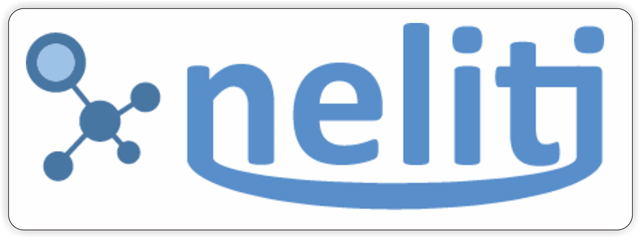ON THE POWER OF KNOWING ONES’ MAJOR INTELLIGENCE(S), IMAGINATION, AUTOSUGGESTION, AND TOTAL LEARNING
Abstract
This article discusses some philosophically crucial issues of lives of any people in general, of university students in particular. First, it argues that to succeed in their lives, people have to have a clear imagination of their future, that is, what kind of life it is that they want to have in the years to come (i.e. an ontological issue). Such a dream, however, must be based on their understanding of their potentials or, in Howard Gardner’s term (1993), their major intelligence(s). If not, they will fail, no matter how hard/smart they try to succeed. Hence comes the second issue, that is, how people can make such a dream, which is the bigger the better, true in their lives (i.e. an epistemological issue). Knowing ones’ strengths, however, is just a part of their success stories; it is not sufficient because they must also believe in themselves (i.e. autosuggestion), that is, if they work/learn a bit harder/smarter (i.e. being total in working/learning), they will succeed. Third, it gives some reasons why it is important for people to succeed (i.e. an axiological issue), that is, success is good not only for those who succeed, but also for others, i.e., those who have been marginalised in their societies: the poor, the oppressed, and the voiceless. It is for those reasons that all should try their best to succeed, let alone university students as future leaders.

 TANS FELIKS(1*)
TANS FELIKS(1*)







